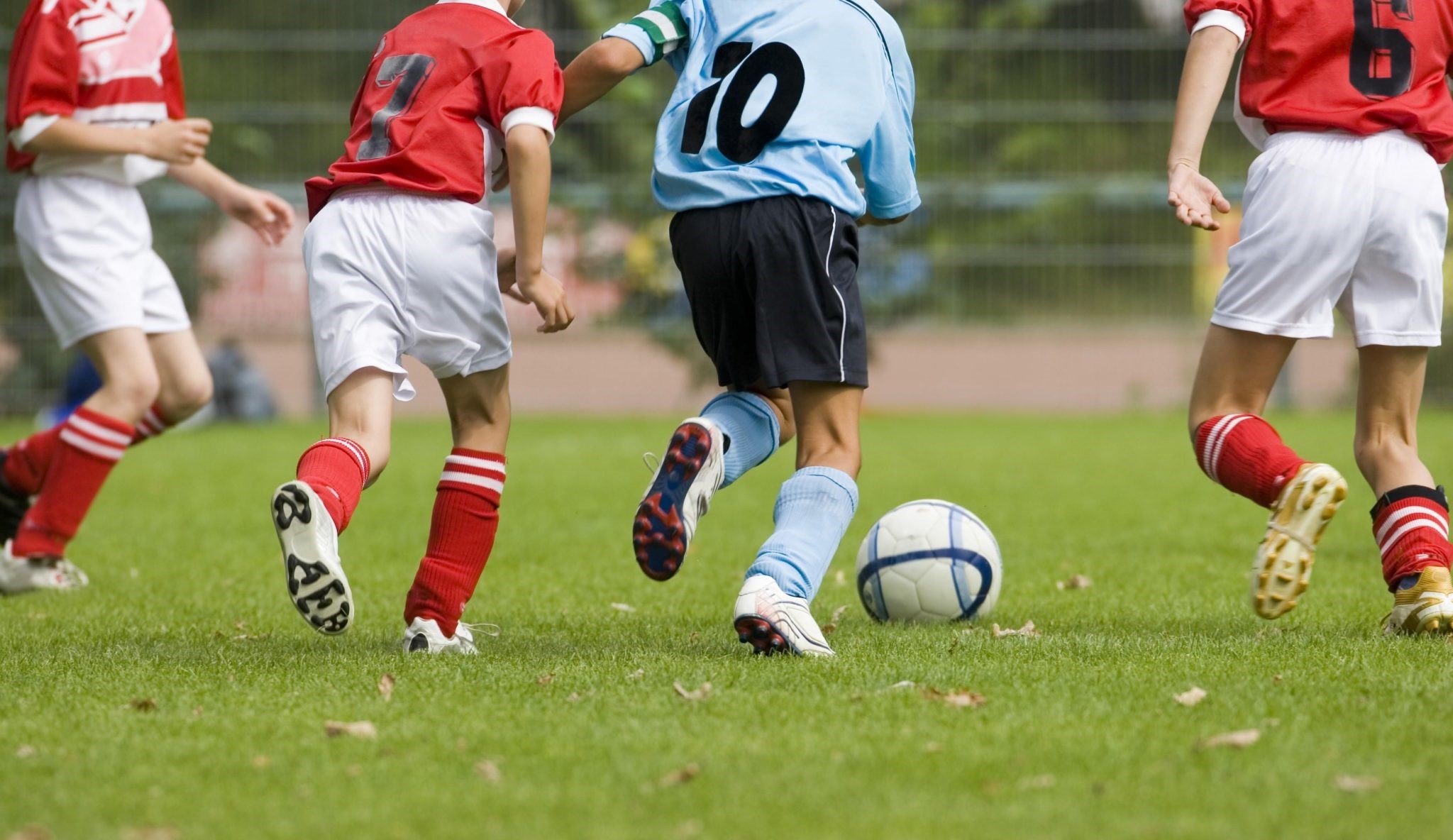
Abstract
Con un recente intervento il legislatore ha previsto che la volontà dell’atleta minorenne sia considerata al momento del tesseramento sportivo, richiedendo il suo assenso. Il dato normativo ammette che non possano essere più solamente i genitori, nell’esercizio delle loro prerogative, a determinare l’ingresso degli adolescenti nell’ordinamento sportivo; tuttavia, ci si interroga sulle modalità più adeguate e sul corretto strumento (assenso o consenso?) attraverso il quale consentire loro l’esercizio di una scelta autonoma. L’articolo indaga sugli eventuali ostacoli a prestare il consenso da parte del minore, i quali risultano legati alla disciplina della loro ridotta capacità d’agire. Attraverso un’analisi delle fonti internazionali ed europee, con uno sguardo comparativo alle esperienze nazionali, si arriva alla conclusione che la capacità d’agire non può essere un limite all’esercizio dei diritti ritenuti fondamentali, compreso quello allo sport. La (in)capacità d’agire del minore deve essere letta nel rispetto dei diritti costituzionali con la conseguenza che gli adolescenti, pur essendo considerati vulnerabili e meritevoli di protezione, hanno il diritto di scegliere di partecipare all’attività sportiva in modo diretto. Il risultato è che, a dispetto del dettato normativo, deve ritenersi che il minore presti un vero e proprio consenso al momento del tesseramento.
Abstract
Recently, the Italian legislator has provided that the will of the under-18 athlete should be considered at the time of sport enrolment, requiring his or her assent. The law requires that cannot be only the parents, in the exercise of their prerogatives, who determine the involvement of adolescents into the sport legal system; however, the issue is about the most appropriate instrument (assent or consent?) through which allow them to exercise an autonomous choice. The article investigates possible obstacles to express their consent by minors, which are linked to the regulation of their reduced capacity to act. Through an analysis of International and European sources, with a comparative look at national experiences, the focus is that limited capacity to act cannot be a limitation to the exercise of rights considered fundamental, including the right to sport. The minor’s (in)capacity to act must be read in accordance with constitutional rights: adolescents, although considered vulnerable and deserving of protection, have the right to directly choose to participate in sport activity. The conclusion is that, in spite of the legal dictate, the minor expresses a genuine consent at the time of registration.
Keywords
Sport enrolment, Minors, Capacity to act, Fundamental rights, Consent





